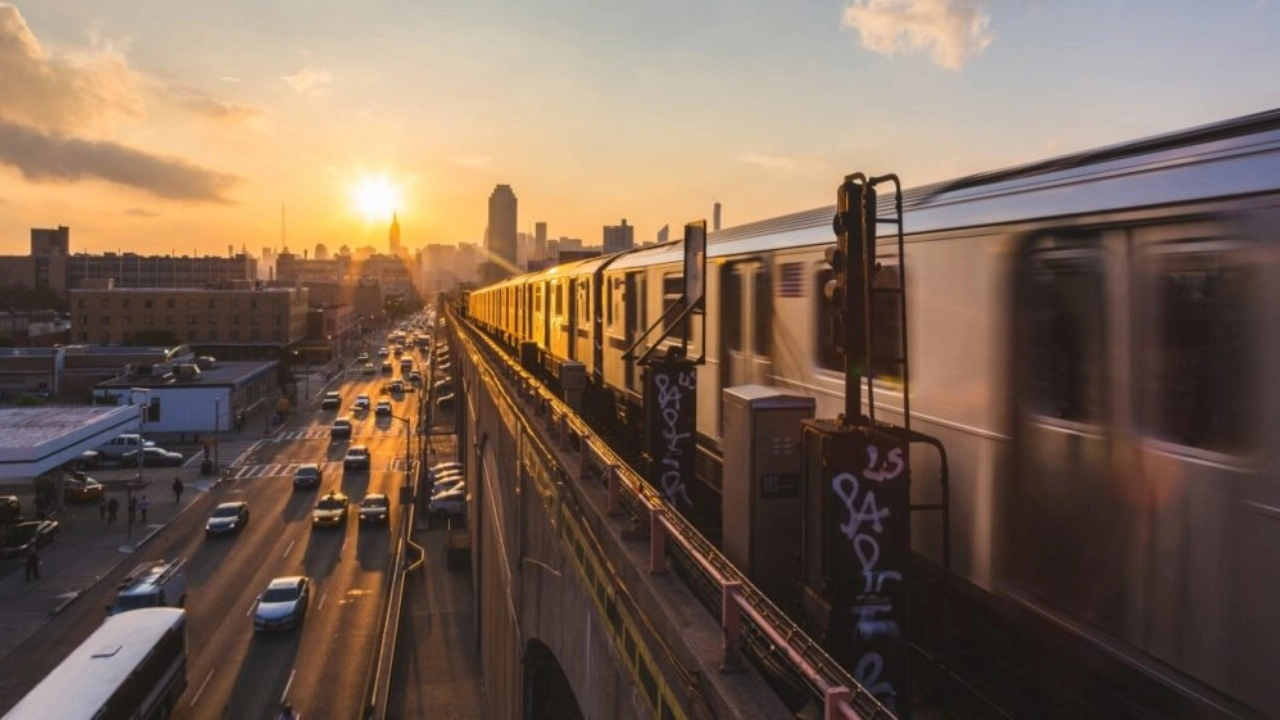As many as 1,400 unlicensed stores are selling marijuana products in New York City, the result of a “rapid and unchecked expansion” of an illicit market that jeopardizes the state’s slowly evolving adult-use market.
New York legalized recreational marijuana sales in March 2021, but as of Tuesday, only two adult-use stores are open in the entire state – both in Lower Manhattan.
Meanwhile, a brazen illicit market has risen to meet New York City’s marijuana demand, with untested cannabis of unknown provenance sold from unlicensed stores, smoke shops, food trucks and delivery services – many of which appear to the public to be legal entities.
“As smoking cannabis is legal in New York state, many individuals assume that the smoke shops selling cannabis products are also legal,” according to a report from a recent City Council hearing.
Though “it is impossible to know exactly how many shops are selling … marijuana products without a license,” the report noted, there are at least 1,400 such offenders in New York City, Sheriff Anthony Miranda told the council last week, according to the New York Post.
Lab tests of products purchased at some unlicensed sellers commissioned by the New York Medical Cannabis Industry – which represents multistate operators that so far have been shut out of the adult-use market – revealed “prohibited levels of eight different contaminants including E. coli, salmonella, nickel, and lead in about 40 percent” of products tested, according to the report.
Though there’s no data on how many of these sellers are obeying state law prohibiting people younger than 21 from purchasing and using marijuana, “it can be assumed that at least some illegally sell their products to underage persons, posing a serious health threat,” the report added.
Selling cannabis without a license in New York state is currently punishable by a $250 fine, a penalty seen as too lenient to discourage violators.
State and local lawmakers have vowed to tighten regulations as enforcement efforts have so far proved inadequate.
The state Office of Cannabis Management began sending dozens of cease-and-desist notices to offending sellers last year.
And in November and December, a task force convened by Mayor Eric Adams seized an estimated $4 million worth of illegal product and issued 500 civil violations and 66 criminal summonses.




